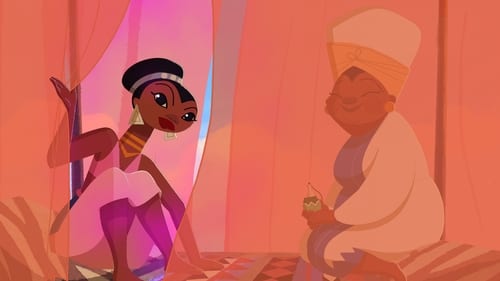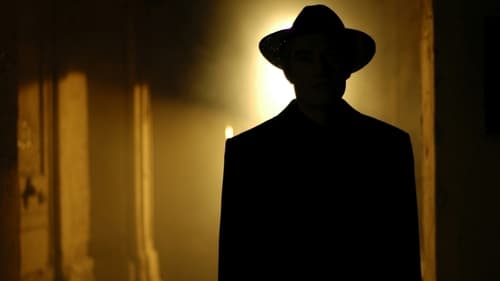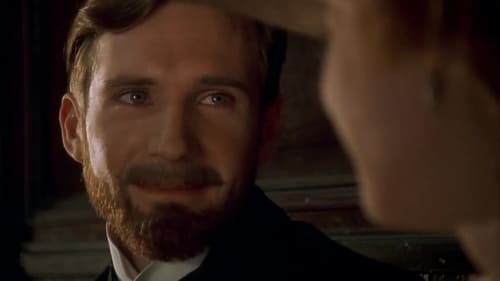Tamás Fodor
Nascimento : 1942-09-03, Budapest, Hungary

Hargitay Elemér
It’s summer in Budapest, high school student Abel is struggling to focus on his final exams, whilst coming to the realisation that he is hopelessly in love with his best friend Janka. The studious Janka has her own unrequited love with married history teacher Jakab—who had a previous confrontation with Abel’s conservative father. The tensions of a polarised society come unexpectedly to the surface when Abel’s history graduation exam turns into a national scandal.

Samir
Aventura, magia, batalhas e amor, as antigas lendas do rei Salomão celebram a passagem de fronteiras entre religiões, nações e identidades. Adaptadas para crianças com um tom contemporâneo e fresco, acompanhe nessa animação a trajetória do grande Rei Salomão.

Tamás apja
Tamás is a talented cartoonist, who, however, does not exhibit, but is forced by the police to work as a phantom painter. His talent solves some crimes. Now he is confronted to sketch a serial rapist.

professzor
1956. Three Hungarian friends hijack a plane to escape from the Iron Curtain.

Könyvárus
This multi-award winning film tells the story of precise and silent, Tibor Malkáv – your average 37 year-old man, who though not rich, leads a comfortable and uncomplicated life. All this changes when he finds out his mother is dying of cancer and the cost of surgery is well beyond his means. A one-eyed man known as the Cyclops offers Tibor a solution to his financial woes, however, there is a catch and Tibor has to kill someone in return. What follows is a chain reaction that has long lasting and unexpected results.

Orvos

O filme segue três gerações de uma família judia, os Sonnenschein, do antigo Império Austro-Húngaro no começo do Século XX até o período da Revolução de 1956. O protagonista central das três gerações é sempre o Ralph Fiennes, para mostrar, de certa forma, as semelhanças passadas de pai para filho.

Narrator (voice)
Elie Wiesel returns home for the first time since the liberation in this documentary by Judit Elik.

In the 19th century Austro-Hungarian Empire, David Hersko, a Jewish shepherd, witnesses the attack of a young girl. His home is burned down and he finds shelter with the family of a Jewish logger. The loggers find the body of a young woman which they bury, going against local laws. They are charged with her murder and it is believed that they killed her as a ritual murder.

Horváth Árpád
The Hungarian Maria's Day is set in that most fateful of years, 1848. The incredible changes and reverses in European politics and culture exert a potent influence on one aristocratic Hungarian family. Losing virtually everything in the way of creature comforts, the family tries to keep up appearances. Eventually every member of the clan falls victim to illness, syphilis and their own headstrong foolishness. The parallels drawn by director Judith Elek between the dissipation of 19th century Hungarian aristocracy and the corruption of Communist ideology in modern times are inescapable.

For this austere, clear and sharp telefeature, Judit Elek focused on the last months of Martinovics’ life: his interrogation by the Austrians, the examining Magistrate Schilling in particular, shown as a battle of wits as well as delusions – on both sides. Elek had wanted to make this film in the early 1970s, but wasn’t allowed to. When she finally got the chance, the reactions were predictable, as the parallels with recent Hungarian history were simply too obvious for officialdom not to feel anxious. History may not repeat itself, but the variations look eerily similar...

Cicero
Kati, a fragile, sixteen-year-old teenager and Sándor, a twenty-two-year-old young man get married defying their parents' and friends' objections. They spend their wedding night in a bunk-house, and then, trusting the strength of their love, they move in a boathouse on the Roman beach of the Danube.









